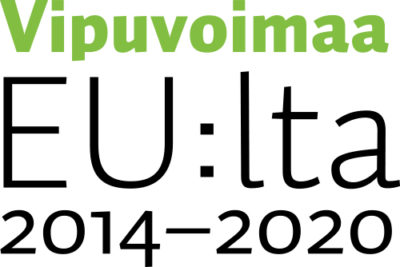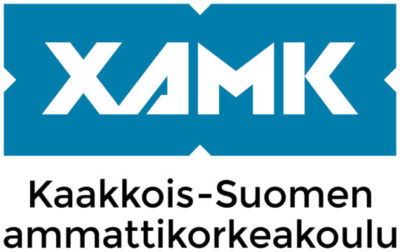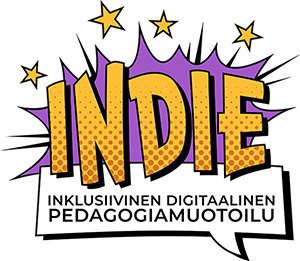The exceptional circumstances caused by the Corona virus, and in particular the increased need for teleworking, have highlighted the inequalities in society caused by the different levels of basic digital skills that have already been observed. Some students, learners, and trainees remain digitally obscured at all levels and in organizations that provide guidance.
For example, a person in need of special support is often already within the limits of his or her cognitive tolerance, even in a normal guidance situation. Even the small additional load brought on by digital devices and systems easily causes the person being controlled to skip the entire control process. Similarly, students have widely highlighted the disadvantage that the increased e-learning caused by the corona has increased the workload of students in many cases already unbearable. Interruptions in studies are more likely than during pre-corona conditions.The customer base of the project implementer Parik consists of a very wide range of customers, whose starting points and relationship with digital services are at very different levels, even divided in two. On the other hand, there are those who have some barriers to using digital devices or services, and similarly, those whose inherent operating environment is specifically online. The most common barriers are a lack of skills and the necessary equipment, financial barriers to acquiring them, and negative attitudes in general.
Both South-East Finland University of Applied Sciences and Parik have identified the need to develop a remote coaching model that works from a user perspective in order to better meet different service needs and develop customers’ work and study skills. In addition, there is a need to support the skills of job and individual coaches in digital and remote control skills, especially in the intermediate labor market. It is also important to build an understanding of the application of information technology, especially in coaching work, so that coaches are able to use participatory and customer supportive methods also in the digital operating environment.
The European Union’s Accessibility Directive lists a wide range of technical requirements for online services and content provided by public organizations. The directive focuses very much on the technical features and requirements of digital media. This poses two levels of problems for developers of digital services covered by the Directive. The wide range of technical requirements makes the production of services and content increasingly technically challenging. An even more important observation during the preparation of the project is the fact that focusing on the implementation of the technical requirements of the Directive means that the whole pedagogical guidance process is not viewed from the perspective of inclusiveness and equality.






